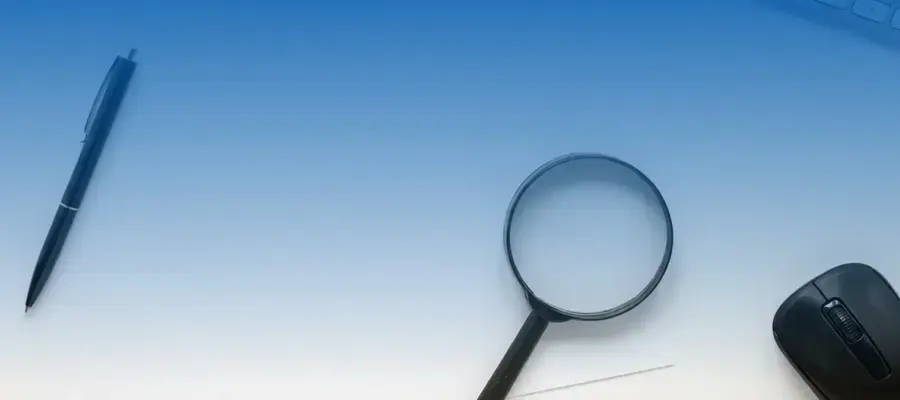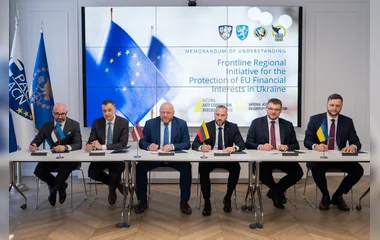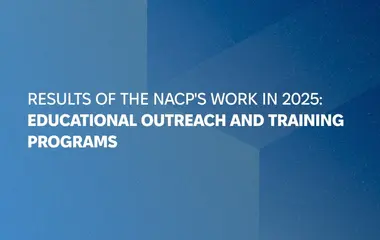This is evidenced by the results of media monitoring of the information space in the third quarter of 2024, conducted by the Content Analysis Center at the request of the National Agency on Corruption Prevention (NACP) with the financial support of the EU Anti-Corruption Initiative in Ukraine (EUACI).
The Ukrainian online media segment was dominated by messages describing specific situations, while messages with general considerations accounted for 41%. On the other hand, the share of messages with evaluative and expressive judgments prevailed in social media, amounting to 66%.
Online media covered a more balanced set of opinions - from messages about the existence of corruption despite the war to statements about the anti-corruption effect of digitalization and the increase in exposing corrupt officials. At the same time, the most popular topics on social media were negative and focused on the prevalence of corruption during the war, the equation of damage from corruption and Russian missiles, the equation of corruption with high treason, etc.
It is noteworthy that the most common pessimistic discourse on social media is about the insurmountability of corruption and the futility of fighting it. This narrative received 53 million contacts in the study sample, as opposed to more than 4 million contacts with the online media audience. At the same time, while the key speakers on corruption in the media are politicians, officials and pro-Ukrainian opinion leaders, the popular sources on social media also include resources that have long been in the field of view of law enforcement agencies (the Resident telegram channel, the networks of Oleg Tsarev, who was sentenced to prison, and propagandist Diana Panchenko, who was suspected of treason).
"The media discourse is not only a reflection of the real situation with corruption, but also a powerful tool for shaping collective perceptions of it. Sociological surveys record more than a fourfold gap between corruption experience and public perception of corruption, and media monitoring reveals one of the main sources of this contrast. With 84% of Ukrainians getting their news mainly from social media, the lack of standards for disseminating information and responsibility for violating them, anonymity, armies of fake accounts and the dominance of disinformation on significantly strengthen the belief that the country is totally corrupt and that anti-corruption measures are futile,” said Pavlo Buldovych, Head of the Department for Coordination of State Information Policy on Corruption Prevention.
In terms of attention to the types of corruption, the media traditionally wrote more about the institutional dimension of corruption practices (65% of reports), with an emphasis on procurement for the Armed Forces, the work of territorial recruitment centers and customs. Much less attention was paid to corporate (14%) and domestic (13%) corruption, as well as to abuses in local self-government bodies (8%).
The topic of institutional corruption was also dominant for social media (75%). Domestic (13%), corporate (9%) and local government corruption (3%) were much less frequently discussed in this segment. Despite the insignificant coverage, the negative perspective is most common in reports about local self-government (29% of publications about the futility of fighting corruption in this area). A somewhat smaller share of such reports (24%) is devoted to institutional corruption, while cases at the household level are minimally covered by pessimistic interpretations. Analysts attribute this to the distancing of pro-Russian sources from the topic of domestic corruption, which led to a less negative tone of communication.
Compared to the results of the monitoring in the second quarter of this year, the segment of publications in which corruption is directly linked to the war decreased in July and August. The share of such messages amounted to 40% (in the second quarter - 49%). The relevant messages most often focused on mobilization as a source of abuse, as well as on the state's attempts to put things in order.
In the majority of cases covered by the media (88% of contacts with the audience), law enforcement and other anti-corruption agencies were the subjects of exposing or combating corruption. At the same time, the public (representatives of civil society organizations and investigative journalists) was mentioned as the initiator of the disclosures in 12% of the reports.
In general, the information space is traditionally full of discourse about punishment for corruption, while only 4% of publications were related to the prevention of corruption. And although this share is relatively small, it continues to grow - in the second quarter, the volume of such reports was recorded at only 1%. Most often, the media linked corruption prevention to digitalization measures, particularly in the areas of procurement, deforestation, construction, business permits, etc.
The media study was conducted on the basis of a sample of the Top 100 platforms, which includes information websites and print media, as well as newscasts of seven TV channels (Telethon “United News”, Pryamyi, Channel 5, Espresso, Channel 24, Kyiv, and Suspilne Kyiv). In this sample, 23681 messages were found during the study period mentioning the words “corruption”, “bribery” and others, as well as the names of anti-corruption bodies in Ukrainian and Russian.
In social media, we analyzed 800 of the most popular posts on Facebook, Telegram, and Youtube, which were the most widely shared and had the largest number of contacts with the audience. We took into account both Ukrainian accounts and pro-Russian accounts targeting the Ukrainian audience.
Quarterly and annual monitoring of media on corruption and anti-corruption is envisaged by the Strategy for Communications in the Field of Countering and Preventing Corruption for the period up to 2025 and the State Anti-Corruption Program for 2023-2025.









